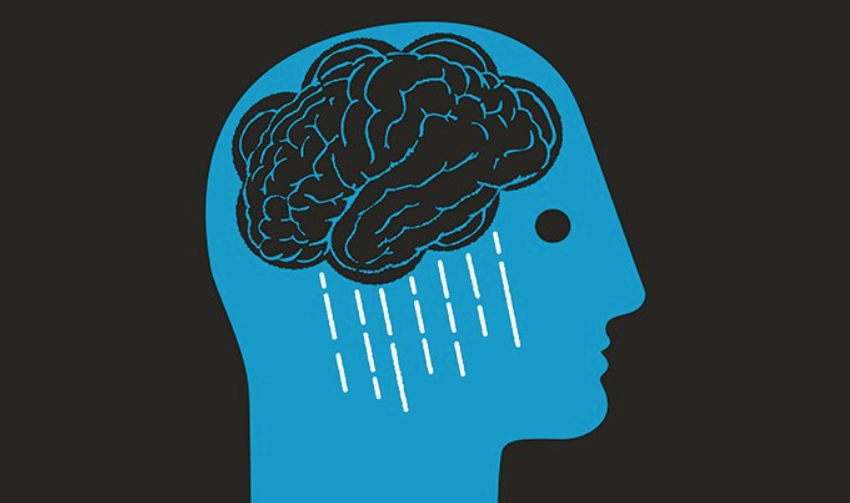The results are in for the first major Australian study into the mental health and wellbeing of those working in the local media, marketing and creative industries.
The Mentally Healthy research, conducted by Never Not Creative, UnLtd and Everymind, aims to bring transparency to the mental health issues affecting individuals in our industry.
More than 1,800 employees across the media, marketing and creative industry participated in the survey, which took place over August and September of this year.
Mentally Healthy used the Depression, Anxiety and Stress Scale (DASS) to identify symptoms of depression and anxiety in research participants.
Key findings show that people in our industry are considerably more likely to show mild to severe symptoms of depression and anxiety compared to the national data, with 20 per cent more participants showing symptoms of depression, and 29 per cent more showing symptoms of anxiety.
The study identified a number of key contributors that had an impact on mental health including job satisfaction, stress and pressure (from themselves and others), overworking and the number and quality of social connections.
Higher levels of job satisfaction and a wider social network were associated with lower depression and anxiety scores.
When it comes to job satisfaction, results showed that having a variety of tasks, non-repetitive and engaging work, learning new things and having freedom and authority on when and how individuals work, were found to have a positive impact on mental health.
As an industry, we’re not only literate about mental health issues, but also welcoming and supportive of those who experience mental ill-health, with 89 per cent of survey participants indicating a willingness to work closely with someone with depression.
However the study found respondents were less likely to feel comfortable talking about their own issues within the workplace, with only 29 per cent indicating that they would tell someone within their industry if they had been diagnosed with depression.
The research also uncovered an age effect on both depression and anxiety symptoms, and the levels of stigma towards mental illness.
Whilst depression and anxiety levels were higher in younger members, their stigma levels were lower. Only 26 per cent of those aged 17 to 24 years old felt an individual with a mental illness would be treated poorly in the workplace, compared to 48 per cent amongst those aged 45 to 54.
Andy Wright, Founder of Never Not Creative, said this industry first study shines a spotlight on a well-known but often ignored problem within our community in an effort to promote change amongst employers and employees.
“Now that we know the issues, we will be identifying the right solutions to help make our industry more mentally healthy,” Wright said.
“We’d like to launch a resource hub for various tips and tools around mental health specifically for people working in our industry and we will be working with our community to address some of the contributing factors identified in the study.”
Chris Freel, CEO of UnLtd, added: “It’s good to see that our industry is so literate and supportive of mental health issues but it is also clear that mental ill-health is something that affects many.
“There are several areas where our industry can do better and we will be working to address some of these on a practical and more structural level. As the first step, we will be bringing the industry associations together to make an action plan for improving the mental health of our industry collectively.”
Jaelea Skehan, director of the National Institute, which conducted the research, said: “Everymind was pleased to partner with Never Not Creative and UnLtd on this important study.
“To best target and tailor workplace mental health approaches for the greatest impact, it is critical to understand the specific stressors, risk factors and opportunities for intervention that are appropriate for the industries.
“People often want to do something about mental health at work, but it is critical they focus on doing the most effective things for their specific industry.”












